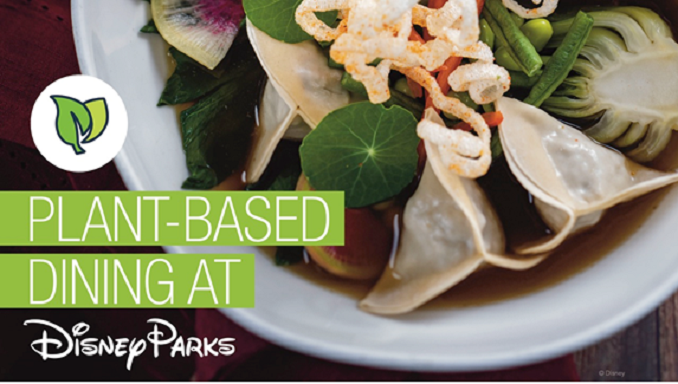Regular cow’s milk is a staple ingredient in many restaurants and cafes. It is a vital ingredient in many beverages, smoothies, main entrées, and desserts. It also features an impressive nutritional profile that includes high-quality protein and a host of vitamins and minerals. However, while it is a widely popular ingredient in the food industry, restaurant owners need to consider the fact that not all customers can drink milk due to specific dietary limitations, intolerances, allergies, and personal preferences. Thus, consuming it may cause many unpleasant effects or adverse reactions to a select group of people.
Restaurant owners recognise this fact; hence a growing number of commercial kitchens are stocked up on milk substitutes that are just as tasty and nutritious as regular dairy milk. Here are some of the best milk substitutes commonly used in the restaurant industry today.
Coconut milk
Coconut milk is made by combining the flesh from brown coconuts and water. It is a more diluted version of the type used in Southeast Asian and Indian cooking, and it’s mostly used in commercial kitchens. True to its name, coconut milk has a creamy texture and consistency characterised by its sweet and subtle coconut flavour. A single portion of coconut milk (240 ml) contains only 45 calories and up to 4 grams of fat. Unlike cow’s milk, milk from coconuts does not contain protein or carbohydrates.
Furthermore, coconut is known to have the lowest protein and carbohydrate profile of non-dairy milk. Restaurant owners should look for a trusted coconut milk wholesale supplier if they wish to provide a low-calorie, low-carbohydrate dessert menu without compromising sweetness and overall taste of the food they serve.
Almond milk
Almond butter combines either whole almonds or almond butter with water. It is characterised by a light texture and mild, sweet, nutty flavour. Since it does not carry an intense level of sweetness, cafes and bars use almond milk as an alternative milk substitute for teas, coffees, and smoothies. Bakeries that offer more wholesome selections use almond milk to create desserts and other baked goods.
Additionally, restaurants that feature a more wholesome or nutritious menu use almond milk since it contains less than a quarter of the calories found in regular milk. Business owners that offer food delivery services utilise almonds as an excellent alternative for clients with allergies and sensitivities to cow’s milk.
Soy milk
Soy milk is exclusively made from soybeans or soybean protein isolate. Improving the consistency and creamy quality of soy milk requires the addition of thickeners and vegetable oils into the mix. For restaurants looking to use a non-dairy substitute for cooking, soy milk is the closest alternative to cow’s milk. Soy milk is also the closest to traditional dairy due to its high protein content. It is one of the few milk substitutes that feature complete protein, thus providing all the essential amino acids.
Bottom line
In choosing cow’s milk substitutes, restaurant owners should limit their choice to available alternatives in unsweetened varieties. Unsweetened versions are more flexible and thus can be used for various cooking and beverage applications for restaurants, bars, cafes, and other commercial dining settings.







